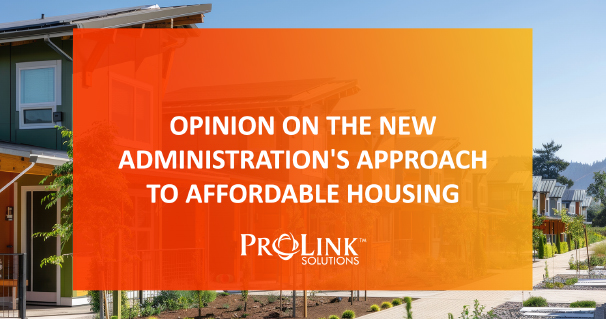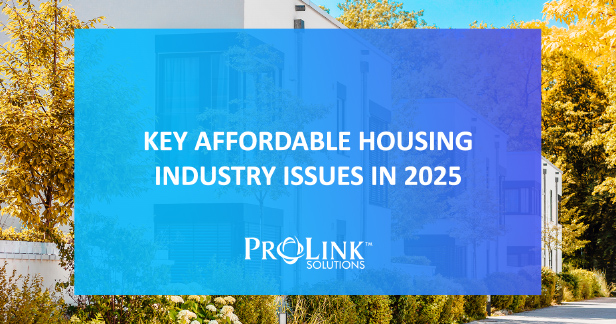Opinion on the New Administration’s Approach to Affordable Housing
The inauguration of President Donald Trump marked a shift in the political landscape, bringing with it a wave of uncertainty that affected various sectors, including affordable housing. As with many policy areas, the approach to affordable housing under the new administration has raised concerns and posed questions for industry professionals and advocates. While the Low-Income Housing Tax Credit (LIHTC) program remains secure—a critical and bipartisan tool for affordable housing development—there are broader anxieties about how other key housing initiatives may fare under the Trump administration.
LIHTC As A Pillar of Affordable Housing
The LIHTC program, a primary source of affordable housing financing, enjoys longstanding bipartisan support. Historically, this program has been a cornerstone of affordable housing development across the United States. Regardless of political shifts, it’s widely expected that LIHTC will continue to be supported by the new administration, as it is a tool that has proven effective and crucial for tackling the nation’s housing crisis. This stability is vital for developers and investors who depend on the tax credit to fund new projects.
Bipartisan Support for Affordable Housing
Both Republicans and Democrats understand the critical need for affordable housing and its positive impact on communities. Despite changes in administration, this common ground ensures that affordable housing remains a priority. President Trump’s Secretary pick for the Department of Housing and Urban Development (HUD), Scott Turner, for instance, has expressed a clear commitment to addressing housing shortages by focusing on Opportunity Zones and bolstering investments in underdeveloped areas, which could potentially accelerate affordable housing development.
However, the Trump administration’s proposed cuts to federal housing budgets, including funding for HUD, heightened uncertainty about the future of housing-related support.
Potential Challenges for Other Programs
While LIHTC is expected to remain secure, the Trump administration’s policy focus on deregulation and scaling back government intervention in certain areas could present challenges for other housing programs. There are concerns that efforts to roll back Obama-era regulations aimed at promoting fair housing could weaken protections that support equitable housing access. Trump’s team has notably rolled back policies designed to address systemic housing inequities, which could affect low-income and minority communities’ access to housing.
Reaffirming the Relevance of Affordable Housing
Despite these potential challenges, the fundamental need for affordable housing remains unchanged. Even as other programs, such as renewable energy initiatives, may face funding cuts or policy changes, the essential nature of affordable housing will ensure its continued relevance. The Trump administration has made it clear that housing will continue to be a key area of focus, with strategies like the Opportunity Zones program, which encourages investment in distressed areas, possibly offering new pathways to address the shortage of affordable units.
In conclusion, while political changes may bring uncertainty to other housing-related programs, affordable housing remains a priority that transcends party lines. The LIHTC program’s stability and the ongoing bipartisan support for affordable housing are positive signs that, regardless of the administration, the goal of expanding affordable housing opportunities across the country will remain in focus.













